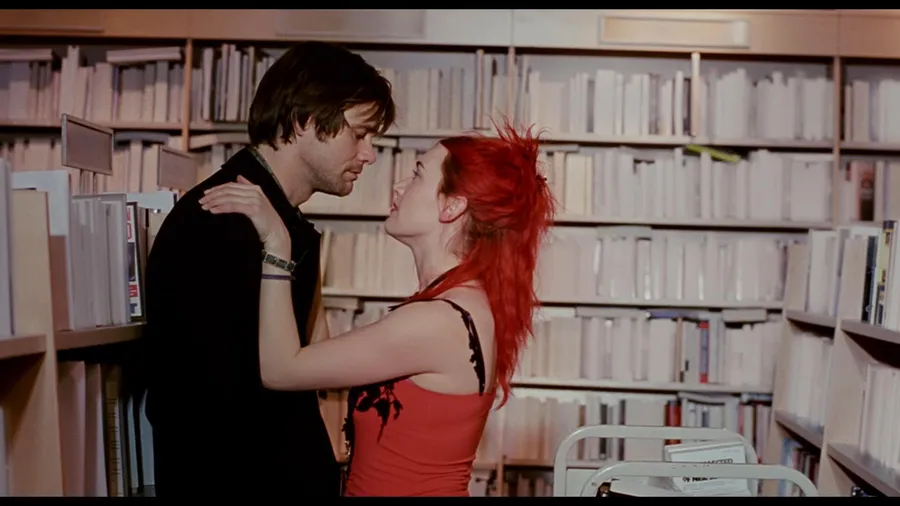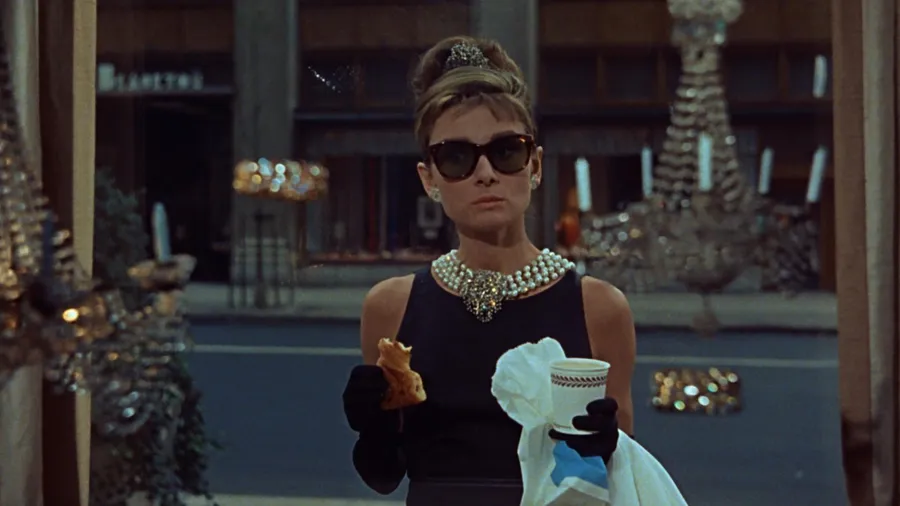Film Critique
Film is the spoken word visualised; film is literature
A personal and in depth look at the art of film by Jonah

Thoughts
burned photographs
memories of love, of what made us whole,
reliving hatred, regret, time forever lost to naive hope.
an emptiness. the separating of the androgynous, the force tearing the bond apart.
the searching for what we think
is who we once were.
but what is love without memory?
is memory just
what we wish we could relive?
what we could do-over

Entanglement
walking through the neon lit midnight streets,
a love, forever lost to circumstance.
the view of the city streets below;
a blur of life, of love, seen from the window.
alone.
forced to move on, to live again.
to return.

American Dream
I’m like cat here, a no-name slob. We belong to nobody, and nobody belongs to us. We don’t even belong to each other.
Holly Golightly, both in book form and film form, acts as the epitome of the free-spirited, pre-feminist feminist yet almost extinct state of mind which thrived throughout the age where men tended to have more domineering tendency’s. Through time, portions of this state of mind have become commonplace, leaving Holly as the face of a time now lost, a symbol of both style, an unattached state of mind and a non-classy classiness. She represents what is lost when following the path towards modernity.
The differences between Holly in the book and Holly confined to Hayes code Hollywood creates two different, distinct personalities of the character. Film Holly is only as free as the restrictions of the Hayes code allow, leading to the prostitution of her body and her sexual aura to be somewhat erased in favour of her spontaneousness, which is what largely makes the ending of the film actually work.
In the book, her leaving the narrator further signals her independence, and her ability to make every man around her collapse under her, even if this is not what she wants nor realises. This is what really would happen to a girl like Holly – life and wants get away from love. In the film, Holly is restricted to a happy ending – the guy gets the girl. This really shouldn’t work, both through the context of the novel and the context of Holly’s character – she should not be confined to someone. She should still believe that people do not ‘belong’ together. But still, Audrey Hepburn’s pure aura of style and sexiness ties the film, complimenting its ending (specifically the cab scene) and changing what could have been a lame and superficial happy ending into a triumph of emotion and a culmination.
Holly, in both the book and the film, is a symbol of days now lost which, despite their totally different endings, both somehow work. Because of how she is played, intended or not due to the restrictions of what a commercial film can do, both representations really do have their perfect endings for a perfect character.

A Different American Dream
Although expertly acted by Bale and directed by Harron, American Psycho feels flat. Scenes just happen, one by one, setpiece after setpiece. It’s either too satirical or not satirical enough. It’s ether over the top in its (albeit fun) violent scenes or it’s just not violent enough. It feels manufactured instead of personal.
Although most of the film does work, able to explore the character of Bateman and how his mask of sanity begins to slip, the third act is where the film really begins the fall apart. Gone are the traces of an interesting character study and we are left with, well, Christian Bale naked hunting a women with a chainsaw. The film tries so desperately to have an exciting final act that it forgets about the whole prior two, made up of slow character study with satirical comedy. It becomes comical instead of scary. After this (and another) massive chase, the film finally realises that it’s jumped the shark and so desperately tries to make up an ambiguous ending in order to patch up any damage caused. But the damage is already done, and it instead further hinders and already hindered third act. For such an interesting character study, the film so unexpectedly takes a left turn into an action comedy for no apparent reason, and it’s attempts to undo what was already done are in vain.
However, although badly penned, it isn’t all average. Bale gives such a superb, manic performance. Throughout you can feel the tension that Bateman is living in. His sanity, if any, is being held by a string. And we watch it snap. Dafoe and Leto also give off great performances, really giving it their all in their respective characters.
It’s cinematography, while aged, feels perfect for the high life, Wall Street feel that the film was going for. For two hours, the audience feels as exhilarated with rich assholes comparing business cards as the rich assholes themselves.
Despite the great acting, the film just falls short of working. It never feels like a story following the character of Bateman, and instead we are given small cracks of a great character study on how a man’s sanity can begin to fall loose, but just as the audience wants more, it’s taken away in favour of a climactic final battle and a poorly executed ambiguous ending.

Consciousness
A stream of consciousness of past memories;
melancholy reminiscence of loved ones;
quiet rain collecting itself on street gutters;
somber afternoon walks in Autumn;
the soft patter of snowfall over your bedroom roof.

Laundry and Taxes
‘So, Even Though You Have Broken My Heart Yet Again, I Wanted To Say, In Another Life, I Would Have Really Liked Just Doing Laundry And Taxes With You.’
Great in concept yet small in size, EEAAO manages to weave the line between scale and heart well, and succeeds in its attempt to leave a profound effect on the viewer, no matter their opinion of the the film itself. While not my choice for most of it’s won academy awards, it definitely deserved all of the hype and praise that it gets.
At it’s core, Everything Everywhere All at Once is a family drama with so many maximalist externals added to hide or disfigure it, that it only fully shows the true depth of itself in peaks, until it lets itself flood out during the third act climax. I feel if there was more of this emotional centre shown throughout in the place of some of the meme humour, the film would have turned for the better, as the Daniels really do know how to handle the complexity and size of human emotion and how to perfectly effect the audience in the right way.
The Daniels definitely earned their spot as the best director academy award winner – while it doesn’t always land, and film is exactly what they wanted and what they planned for it to be, and without failure, their vision was fully shown in the final product. The camerawork and editing also complemented each other really well, and oh lord the editing is impressive. The thought that seven people (with only five full time) edited this film without any prior experience is so impressive – it was almost flawless.
The film is so well acted, in particular Ke Huy Quan (in the emotional core and multiple personalities,) and Michelle Yeoh felt perfect for their roles. I do think that some of the other actors were leaning too hard into the comedy aspects of the film though, which was sometimes forcing the viewer out of otherwise tense or important moments.
Also, despite the films great heart and direction, I do have a few quarrels with the comedy aspects of the film. For me, most of the comedy here seems to be coming straight out of the millennial / gen Z early internet meme days, which I feel outdates the film in an unforeseen way. Jokes such as the hotdog fingers feel straight out of a Smosh or Fred video one might have found on YouTube ten years ago, which while new and somewhat funny at the time now feels stale and uninspired – a great fault for an otherwise completely original, daring and new take on what’s so much more than another action comedy film

A passion for literature and film
- Wallpaper by taich2 on Wallpapers.com
- Wallpaper by mriedel on Wallpapers.com
- Wallpaper by fredy on Wallpapers.com
- Wallpaper by zifa_2880 on Wallpapers.com
- Wallpaper by robertargon on Wallpapers.com
- Wallpaper by ingo on Wallpapers.com
- Wallpaper by weimerm on Wallpapers.com
Film is the spoken word visualised
Film is literature